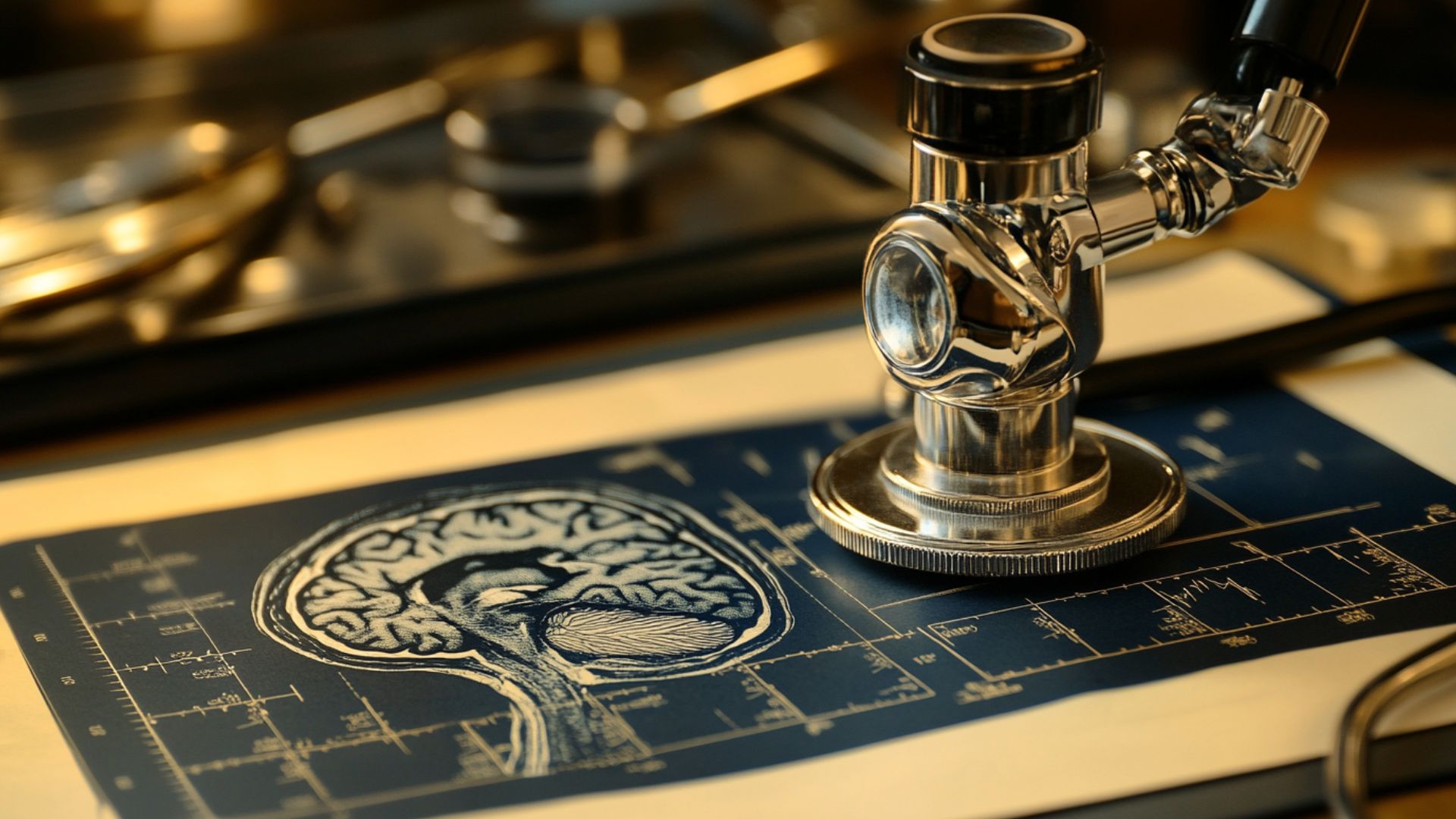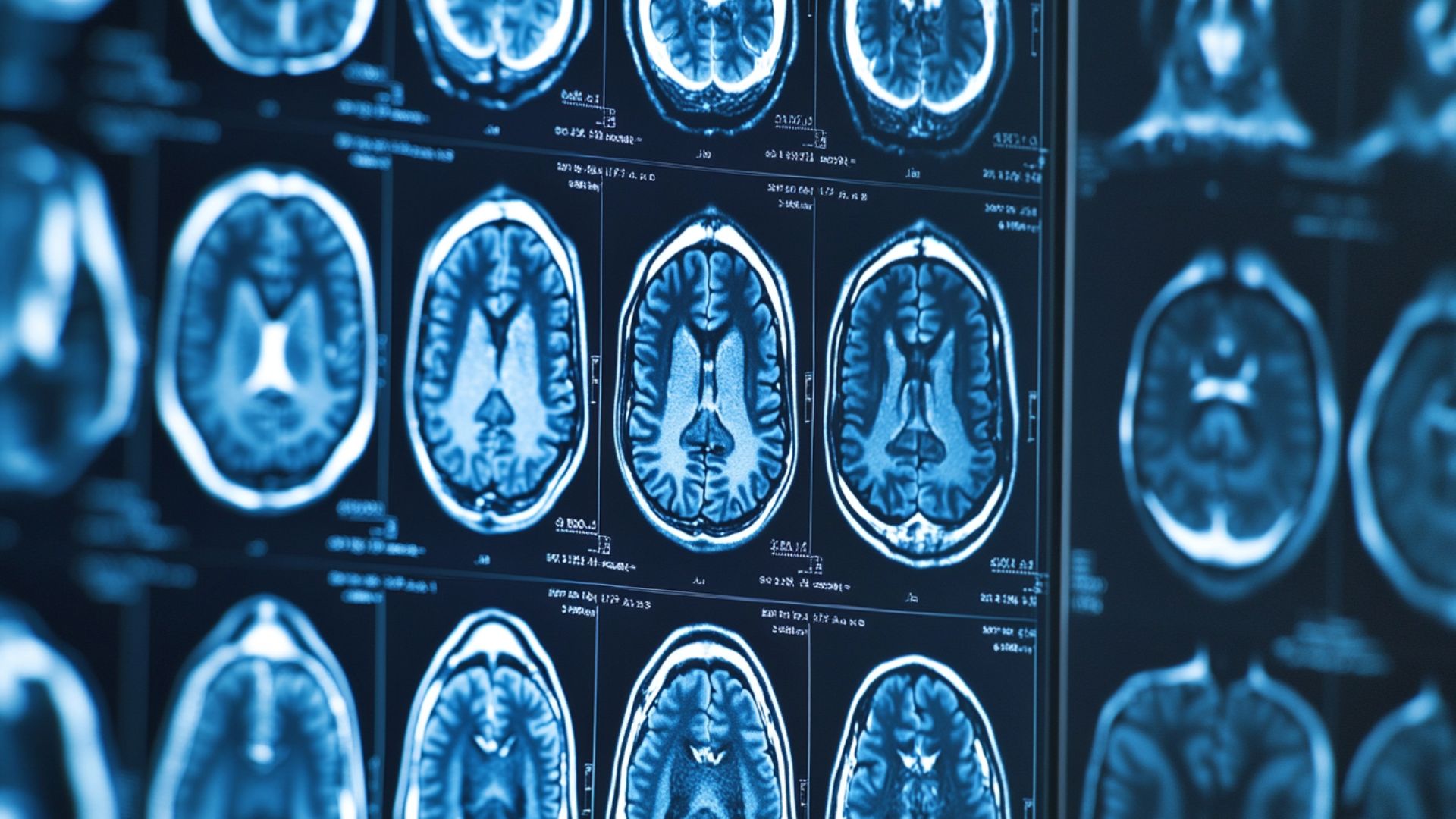Your brain and nervous system control everything your body does. From simple movements like walking to complex thoughts and emotions, your neurological health affects your entire life. When problems develop in these systems, catching them early can make all the difference.
Early diagnosis of neurological disorders gives doctors the best chance to help you. Think of it like fixing a small crack in your car’s windshield before it spreads across the entire glass. The sooner doctors find neurological problems, the more treatment options they have available.
Unfortunately, many people wait too long before seeing a doctor. They might think their symptoms are just a normal part of aging or stress. Others worry about what tests might show. However, waiting rarely makes things better. Most neurological conditions are much easier to manage when caught early.
The good news is that modern medicine has excellent tools for detecting neurological problems. Advanced brain scans, blood tests, and other diagnostic methods can spot issues before they cause major symptoms. When you understand the importance of early detection, you can take charge of your neurological health.
The Hidden Cost of Waiting: Why Time Is Your Brain’s Enemy
Why early detection matters in neurology becomes clear when you look at what happens during delayed diagnosis. When neurological conditions go undiagnosed for too long, several serious problems can develop:
- First, your brain tissue can suffer permanent damage. Unlike other parts of your body, brain cells don’t regenerate easily once they’re damaged or destroyed. Every day that passes without proper treatment can mean more irreversible changes to your nervous system.
- Second, symptoms often get worse over time without treatment. What starts as mild memory problems might progress to severe dementia. Small movement difficulties can develop into major mobility issues. Early intervention can slow or even stop this progression in many cases.
- Third, delayed diagnosis limits your treatment options. Many neurological treatments are most effective when initiated early in the disease process. Some medications can prevent further brain damage, but they can’t reverse damage that’s already occurred. Rehabilitation therapies are also more effective when your brain still has good plasticity and can learn new patterns.
- Fourth, early detection helps you plan for the future. When you know what you’re dealing with, you can make important decisions about your care, finances, and family arrangements while you’re still thinking clearly. This reduces stress on both you and your loved ones.
- Finally, some neurological emergencies require immediate attention. Strokes, for example, have treatments that work only within the first few hours. Knowing the warning signs and acting quickly can prevent permanent disability or even save your life.
Red Flags Your Brain Sends: Warning Signs You Shouldn’t Ignore
Identifying neurological symptoms early requires knowing what to watch for. Your nervous system sends warning signals when something isn’t working properly. Learning to recognize these signs can help you seek medical attention promptly.
Common early neurological symptoms include:
- Memory problems. Forgetting recent conversations, getting lost in familiar places, or having trouble learning new information.
- Movement changes. Tremors, stiffness, balance problems, or coordination difficulties.
- Speech issues. Slurred words, trouble finding the right words, or changes in voice quality.
- Vision problems. Double vision, blind spots, or sudden loss of vision.
- Headache patterns. New types of headaches, severe headaches, or headaches with other symptoms.
- Numbness or tingling. Loss of feeling in hands, feet, or face.
- Weakness. Sudden weakness in arms, legs, or facial muscles.
Pay attention to symptom patterns. Are they getting worse over time? Do they come and go, or are they constant? Do they affect one side of your body more than the other? This information helps doctors understand what might be causing your symptoms.
Modern Medicine’s Detective Tools: How Doctors See Inside Your Brain
Modern neurological diagnostic tests provide doctors with detailed information about the brain and nervous system. These tests are generally safe and provide valuable insights that guide treatment decisions.
Brain imaging tests create pictures of your brain structure and function:
- MRI scans use magnetic fields to create detailed brain images
- CT scans use X-rays to show brain structure and detect bleeding
- PET scans show brain activity and can detect disease processes
- Ultrasound examines blood flow in the brain vessels
Electrical tests measure nerve and brain activity:
- EEG records brain wave patterns to detect seizures
- EMG tests muscle and nerve function
- Nerve conduction studies check how well nerves carry signals
Blood tests can detect infections, inflammation, or genetic markers for certain neurological conditions. A lumbar puncture (spinal tap) examines cerebrospinal fluid for signs of disease.
Most of these tests are painless or cause only mild discomfort. The information they provide far outweighs any temporary inconvenience. Your doctor will explain which tests you need and what to expect during each procedure.
Life-Changing Advantages: How Early Action Transforms Your Future
The benefits of early diagnosis in neurology extend far beyond just knowing what’s wrong. Early detection opens doors to better treatments, improved quality of life, and hope for the future.
Treatment effectiveness improves dramatically with early diagnosis. Many neurological medications work by protecting healthy brain cells from damage. Once cells are already damaged, these protective effects are limited. Starting treatment early preserves more of your brain function and slows the progression of the disease.
Lifestyle modifications become more effective when implemented early. Changes in diet, exercise, stress management, and sleep habits can have a significant impact on neurological health. Your brain responds better to these positive changes when it’s still relatively healthy.
Symptom management is easier in the early stages of the disease. Physical therapy, occupational therapy, and speech therapy can help you maintain independence longer when started early. These therapies teach your brain new ways to accomplish tasks before significant impairment occurs.
Family planning benefits from early diagnosis. When you know about a genetic neurological condition early, you can make informed decisions about having children. Genetic counseling helps you understand risks and options.
Financial planning becomes possible with early diagnosis. You can make arrangements for long-term care needs while you’re still capable of making complex decisions. This protects your assets and ensures your wishes are respected.
Research opportunities often focus on early-stage disease. Participating in clinical trials for new treatments typically requires identifying conditions before they become too advanced. Early diagnosis of neurological disorders may provide access to cutting-edge therapies that are not yet available to the general public.
Most importantly, early diagnosis provides hope. While neurological conditions can be frightening, knowing what you’re dealing with allows you to take action and maintain control over your life for as long as possible.
Real People, Real Results: Success Stories That Could Be Yours
Sarah noticed that her handwriting was getting smaller and messier at the age of 58. Instead of dismissing it as normal aging, she mentioned it to her doctor. Tests revealed early Parkinson’s disease. Because it was caught early, Sarah started medication that significantly slowed her symptom progression. Three years later, she continues to work full-time and enjoys hiking with her grandchildren.
David noticed slight tremors in his hands during stressful situations at work. He delayed seeking help for months, thinking it was just work stress. When he finally saw a doctor, tests revealed an overactive thyroid that was causing his neurological symptoms. Treatment with thyroid medication eliminated his tremors within weeks.
Maria’s family noticed that she was having trouble following conversations and seemed confused in familiar situations at the age of 70. Early evaluation revealed normal pressure hydrocephalus, a condition in which excess fluid accumulates in the brain. A simple surgical procedure to drain the excess fluid restored much of her cognitive function.
These stories perfectly demonstrate why early detection matters in neurology. Each patient benefited from prompt neurological diagnostic tests that revealed treatable conditions. In every case, early medical attention either prevented serious complications or provided more treatment options than would have been available with delayed diagnosis.
Your Next Move: Take Control of Your Brain Health Today
Your neurological health deserves the same attention you give to your heart, lungs, and other vital organs. Don’t wait for symptoms to become severe before seeking medical evaluation. Early action can preserve your independence, protect your thinking abilities, and improve your overall quality of life.
Take charge of your neurological health today:
- Schedule regular check-ups with your primary care doctor and discuss any concerning symptoms
- Keep a symptom diary if you notice changes in memory, movement, or other neurological functions
- Learn your family history of neurological conditions to understand your personal risk factors
- Don’t ignore warning signs – trust your instincts when something feels different
- Ask for referrals to neurological specialists when symptoms persist or worsen
Remember that many neurological conditions are treatable, especially when caught early. Modern medicine offers more options than ever before for managing neurological disorders and maintaining quality of life.
The most important step is the first one – recognizing that your symptoms matter and deserve medical attention. Identifying neurological symptoms early is crucial for getting the help you need. Your brain has served you well throughout your life. Now it’s time to return the favor by giving it the proactive care it needs.
If you’re experiencing any neurological symptoms, don’t delay. Contact our healthcare provider today to discuss your concerns and explore diagnostic options. Early detection could be the key to preserving your neurological health for years to come. Your future self will thank you for taking action now.













I've given up... the stress her office staff has put me through is just not worth it. You can do so much better, please clean house, either change out your office staff, or find a way for them to be more efficient please. You have to do something. This is not how you want to run your practice. It leaves a very bad impression on your business.
Please, leave your review
Write a comment: